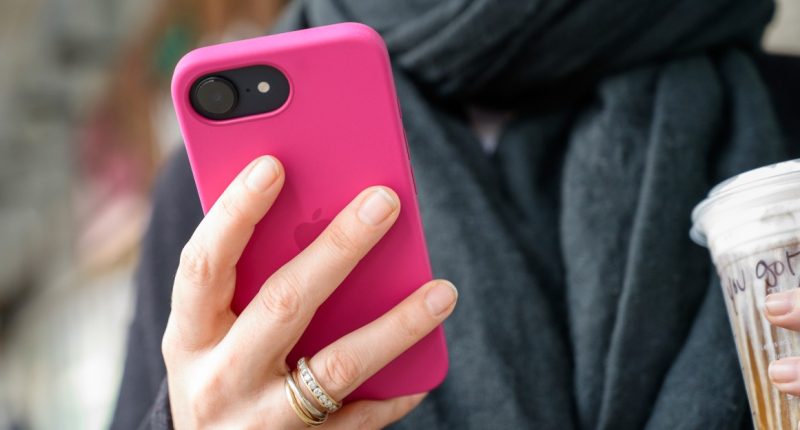Share this @internewscast.com
According to a report by The Wall Street Journal, Apple CEO Tim Cook made a direct effort to prevent a Texas bill on age verification from becoming law. The bill, known as SB 2420, which has been approved by the legislature, is waiting for Governor Greg Abbott’s approval. It mandates app store operators, including Apple, to confirm the age of their users. This stance places Apple at odds with social media platform Meta amid ongoing debates about implementing age restrictions online.
Apple issued a statement to The Verge outlining its concerns about the bill. The company acknowledged its commitment to enhancing online safety for children but voiced fears that SB 2420 could jeopardize user privacy. Peter Ajemian, an Apple spokesperson, noted the potential requirement for app marketplaces to collect and retain sensitive personal data of all Texas users, even for simple apps like weather updates or sports scores.
The Journal pointed out that numerous states are considering broad age verification laws, with at least nine targeting app stores for enforcing age checks. Utah has already enacted such a law. These initiatives often coincide with efforts to limit minors’ social media access, either with parental permission or fully restricting their access, as seen in a near-passing law in Texas. Texas also requires age verification for adult sites, which has led to a Supreme Court case expected to be resolved soon.
According to the Journal report, Cook and Abbot had a “cordial” conversation in which Cook asked for either amendments to or a veto of the bill. An Abbott spokesperson told the outlet that the governor will “thoughtfully review this legislation, as he does with any legislation sent to his desk.”
Civil liberties advocates staunchly and consistently oppose mandating digital age verification systems, which tend to either pose significant privacy problems or be ineffectual. But over the past couple of years, the fight has evolved into a game of ping-pong between web services and device makers.
Meta and some others — including the Free Speech Coalition, which filed the suit against Texas’ porn age verification law and represents the operators of adult websites — support making companies like Apple and Google build age-check systems into their products. Both phone makers already offer voluntary parental control systems, but a legal requirement would create substantial risk for them in the case of failure, on top of privacy concerns for users themselves.
Apple’s statement on SB 2420 instead pushed for the passage of the Kids Online Safety Act: a federal bill that would place liability on web platforms to prevent young users from harm. Google, meanwhile, has reportedly backed lobbying against both bills — as owner of the Android operating system and video platform YouTube, it’s stuck in the middle.








